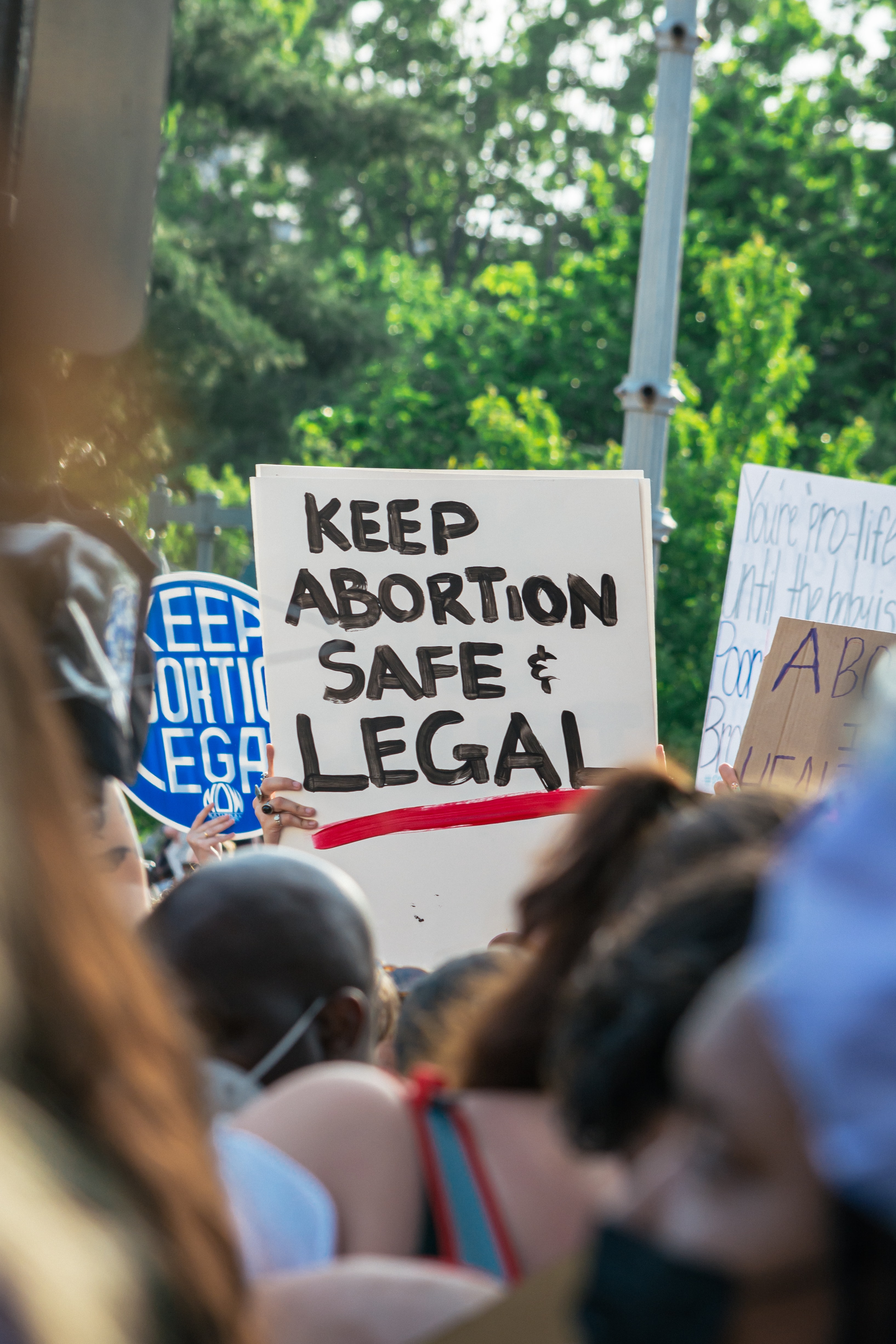What the next 50 years of reproductive rights activism can learn from the last 50
By Felicia Kornbluh,
The Washington Post
| 01. 20. 2023
In June 1973, the Southern Poverty Law Center began publicizing a case it was pursuing in defense of two Black children from Alabama, Minnie Lee and Mary Alice Relf. The Relf sisters, 14 and 12 years old, had been sterilized on the recommendation of a nurse employed by the federal government. The girls’ mother, who reportedly could not read or write, signed consent forms for the sterilization of her two young daughters with an “X” and said later that she thought she was authorizing a form of reversible birth control, not a permanent removal of her daughters’ reproductive capacity. Relf v. Weinberger burst onto the scene just six months after Supreme Court Justice Harry A. Blackmun published his opinion for the majority in Roe v. Wade on Jan. 22, 1973, 50 years ago this week. This was a time of celebration for most feminists, and justly so: Their movement, working ardently at the grass roots and uniting across many lines of difference, had persuaded the nation’s highest court to recognize people’s need to make autonomous choices about whether to end...
Related Articles
By Roni Caryn Rabin, The New York Times | 01.22.2026
The National Institutes of Health said on Thursday it is ending support for all research that makes use of human fetal tissue, eliminating funding for projects both within and outside of the agency.
A ban instituted in June 2019 by...
By Mike McIntire, The New York Times | 01.24.2026
Genetic researchers were seeking children for an ambitious, federally funded project to track brain development — a study that they told families could yield invaluable discoveries about DNA’s impact on behavior and disease.
They also promised that the children’s sensitive...
By Phil Galewitz, NPR | 01.20.2026
Serenity Cole enjoyed Christmas last month relaxing with her family near her St. Louis home, making crafts and visiting friends.
It was a contrast to how Cole, 18, spent part of the 2024 holiday season. She was in the hospital...
By Dan Barry and Sonia A. Rao, The New York Times | 01.26.2026
Photo by Gage Skidmore from Peoria, AZ, United States
of America, CC BY-SA 2.0, via Wikimedia Commons
Late last month, a woman posted a photograph on social media of a purple hat she had knitted, while a black-and-white dog...




